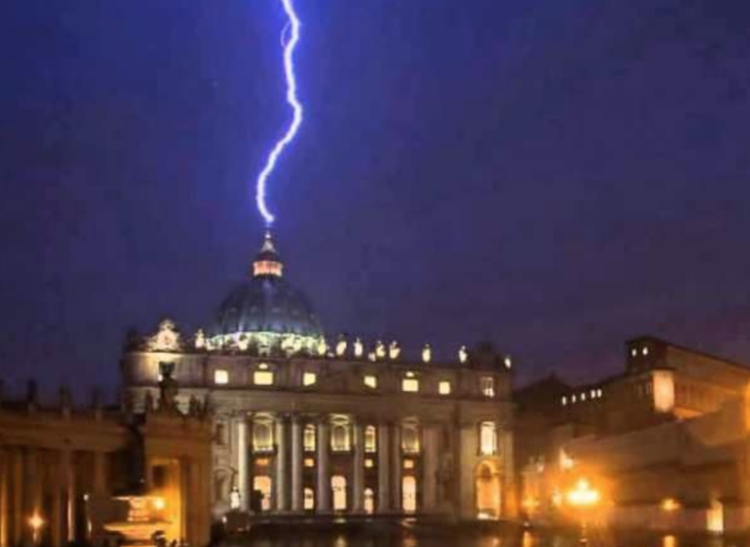I’m in absolutely no sense a biblical scholar. I’m nothing more than a lay preacher who was called by a local American Baptist congregation because I was willing to fill the pulpit each Sunday. I took about five courses in the Bible in undergraduate.
I don’t remember a lot about those courses, but a handful of things have stuck with me. Let me get just a little bit preachy for a second. (And forgive me for any heresies).
One idea that I just can never shake is that one of the central themes in the Gospel of Luke is the great reversal. It’s most succinctly stated in 13:30, “Indeed there are those who are last who will be first, and first who will be last.”
It’s all over the text. The Magnificat of Mary, “He has brought down rulers from their thrones but has lifted up the humble.” (Luke 1:52). “For all those who exalt themselves will be humbled, and those who humble themselves will be exalted.” (Luke 14:11) And, of course, “Jesus answered them, ‘It is not the healthy who need a doctor, but the sick. I have not come to call the righteous, but sinners to repentance.’” (Luke 5:31-32.)
The way that I understand Christianity is that Jesus was especially concerned with people on the margins of society. The sick, the poor, and the outcasts were high on his priority list. Thus, churches (being the extension of Jesus’ ministry), should focus their efforts on those exact same people.
But the data says that is not happening. Just the opposite in fact.
Religion in the 21st Century America has become an enclave for people who have done everything “right.” They have college degrees and marriages and children and middle-class incomes. For those who don’t check all those boxes, religion is just not for them.
I’m going to stop quoting scripture now (not my strong suit) to describing the data (which is way more comfortable for me). The conclusions are unmistakable: religion has become a luxury good, and that’s leaving most of society on the fringes, yet again.
Let’s start with that old chestnut that I roll out from time to time — the basic relationship between education and religious disaffiliation.










